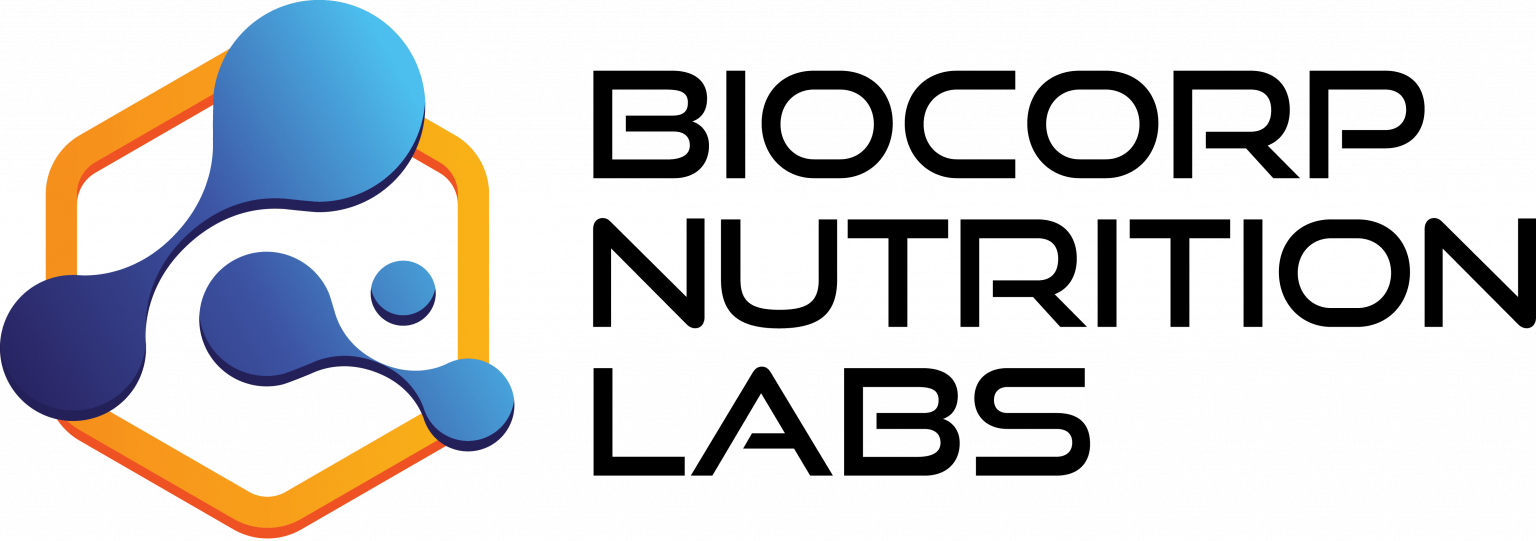As nutraceutical companies increasingly rely on technology and E-Commerce, the threat of cyber attacks also rise.
Cyber attacks are malicious attempts by individuals or groups to access computer systems and steal data or funds. For nutraceutical companies, cyber-attacks pose risks like theft of intellectual property, financial fraud, and reputational damage. Know with us about the importance of cybersecurity for nutraceutical companies
The Importance of cybersecurity for nutraceutical companies in the Digital Age
In today’s digital age, cybersecurity for nutraceutical companies is more important than ever for businesses of all types, including nutraceutical companies. With the increasing use of online platforms, electronic health records, and digital marketing, nutraceutical companies are facing a growing threat of cyber-attacks that can compromise their sensitive data and harm their reputation.
The consequences of a cyber attack can be severe, ranging from financial losses to legal liability, and nutraceutical companies must take proactive steps to defend against these threats.
In this article, we will explore the role of cybersecurity for nutraceutical companies in defending your company against cyber attacks, and provide some best practices for protecting your business.
Cyber attacks that threaten nutraceutical companies
Nutraceutical companies are vulnerable to a variety of cyber attacks, which can compromise their sensitive data and disrupt their operations. One common type of attack is phishing, in which cyber criminals send emails or messages that appear to be from a legitimate source, such as a supplier or customer, to trick employees into revealing sensitive information or clicking on malicious links. Another type of attack is ransomware, in which cyber criminals infect the company’s systems with malware that encrypts their data and demands payment in exchange for the decryption key. Data breaches are also a major concern, as they can result in the theft of sensitive information such as customer records or intellectual property.
Other types of attacks include distributed denial-of-service (DDoS) attacks, which can overload the company’s website or servers, and insider threats, in which employees intentionally or accidentally compromise the company’s security.
Common threats to nutraceutical companies include:
- Data breaches: Unauthorized access to sensitive data like customer information, trade secrets, and intellectual property. This data can be stolen and sold or used for identity theft and fraud.
- Ransomware: Malware that encrypts data and demands a ransom payment to decrypt it. This can disrupt operations and lead to data loss if the ransom is not paid.
- Phishing: Fraudulent emails and websites aiming to trick recipients into providing login credentials, account information, or funds. Phishing targets nutraceutical employees and customers.
- Supply chain attacks: Infiltrating a company’s systems by targeting weaker security in partner organizations like suppliers or distributors. This threatens proprietary information and operations.
Read about: The Hidden Risks in Nutraceutical Supply Chains How to Identify and Mitigate
Recent examples of cyber attacks on nutraceutical companies include:
In 2017, the health and wellness company GNC suffered a data breach that exposed the personal information of over 1.4 million customers. The breach was caused by a vulnerability in a third-party vendor’s software, which allowed hackers to gain access to GNC’s systems and steal customer data.
In 2018, the dietary supplement company Bodybuilding.com disclosed a data breach that affected its customers’ personal and payment information.
The breach was caused by a phishing attack that targeted an employee and allowed hackers to gain access to the company’s systems.
In 2019, a ransomware attack encrypted 37,000 files at a major supplement manufacturer, disrupting operations. The ransom of $6.5 million was not paid.
In 2020 data breach at an herbal supplement retailer exposed over 19 million customer records including contact details, login credentials, and purchase histories.
When choosing a service of cybersecurity for nutraceutical companies you should consider:
- Experience in the nutraceutical industry with relevant compliance and regulatory knowledge
- Robust security tools and software for monitoring, detection, and response to prevent threats
- Employee cybersecurity training on data protection, password hygiene, phishing identification, and more
- Continually optimizing security policies and controls based on the evolving threat landscape
Some tips on choosing the right provider of cybersecurity for nutraceutical companies
Choosing the right service provider of cybersecurity for nutraceutical companies can be a daunting task, as there are many factors to consider. To start, it is important to look for a provider that has experience working with nutraceutical companies specifically, as they will have a better understanding of the unique challenges and regulations in the industry.
It is also important to look for a provider that offers a range of services, such as threat monitoring, vulnerability assessments, and incident response planning, as these can help to provide a comprehensive defense against cyber attacks.
Additionally, it is important to look for a provider that has a proven track record of success in defending against cyber attacks, as well as strong customer support and a commitment to ongoing education and training. Finally, it is important to consider the cost and value of the services provided, as well as any contractual obligations or limitations.
By taking these factors into account, nutraceutical companies can choose a cybersecurity service provider that meets their specific needs and helps to protect their business.
Best practices for cybersecurity for nutraceutical companies:
- Conducting risk assessments to identify vulnerabilities and prioritize protection
- Using stng and unique passwords, two-factor authentication, and encryption
- Installing antivirus, anti-malware, and firewall software with regular updates
- Performing backups and disaster recovery planning in case of an attack
- Promoting cybersecurity awareness through employee education
In conclusion
cybersecurity for nutraceutical companies is a priority to defend against the increasing threat of attacks. Partnering with cybersecurity service providers that Understand the nutraceutical industry can help implement best practices to minimize risks, prevent breaches, and defend digital infrastructure.
cybersecurity for nutraceutical companies systems and educated personnel are essential for protecting proprietary information, operations, customers, and finances in today’s technology-driven world.

